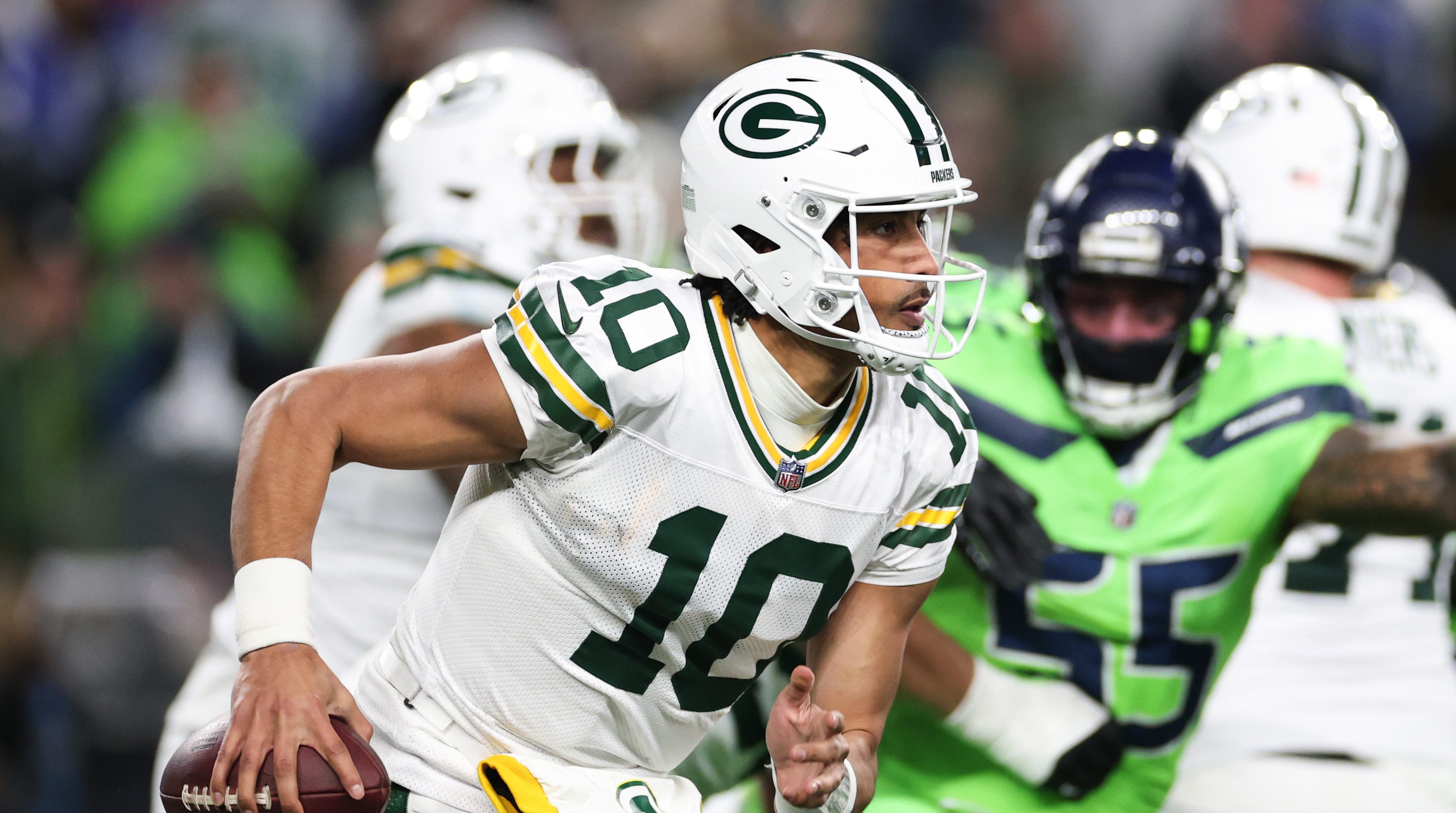It’s draft season, which means it’s also mock draft season.
Mock drafts are one of the most popular forms of NFL content. As soon as one draft ends, mock drafts for the following year begin to pop up. The volume of mock drafts skyrockets even more once the regular season ends, the combine starts and the draft approaches each April.
How did mock drafts come to be, and what can football fans expect from them in 2024?
Let’s look back at some mock draft history.
Get top local stories in DFW delivered to you every morning. >Sign up for NBC DFW's News Headlines newsletter.
What is a mock draft?
A mock draft is a simulation of a sports league draft.
Why do mock drafts exist?
NFL
Analysts, writers, fans and even teams can use mock drafts as a predictor for an actual draft.
Mock drafts can be catered for different purposes. They can be done for just the first round, just one team or, in the NFL’s case, the full seven-round event. They are an exercise where people can mix intel, team needs and player analysis to project what will happen on draft night.
With no football from the Super Bowl to the April draft, mock drafts also serve as entertainment.
When was the first mock draft?
It’s difficult to pin down the exact origin of the first mock draft, but there’s a long history of NFL draft analysis over the last 75 years.
Ray Byrne, a funeral home manager in the Pittsburgh area, is believed to be the first person to compile and publish a list of available prospects for a draft in the 1940s.
Over the next few decades, draft information still wasn’t easily accessible or popular. People didn’t have as strong a gauge on what other people were thinking, let alone writing.
Joel Buchsbaum of Pro Football Weekly began to change that in the late 1970s. Buchsbaum earned praise from people across the NFL, including Bill Belichick, and is viewed as the person who perfected the mock draft.
“[Buchsbaum’s] the guy who started this whole mock draft thing,” Rick Gosselin, a former NFL writer for the Dallas Morning-News, told Sports Illustrated in 2018. “He’s the godfather.”
Around the same time as Buchsbaum’s rise, Mel Kiper Jr., now a longtime ESPN analyst, started his own draft book. While the book featured overachievers, sleepers and a variety of lists, mock drafts became the main draw for his audience.
“That’s what the readers wanted. They wanted the mock drafts,” Kiper told SI. “They wanted every round projected and mocked. We gave them what they wanted.”
By the mid-90s, radio stations started using newspaper mock drafts for material. While Buchsbaum and other draft analysts of their time communicated with teams for intel, organizations stopped giving information as freely once mock drafts became more of a mainstream conversation piece. In turn, mock drafts became less accurate.
The internet gave fans and draft researchers a new way to learn about players and a new way to share their opinions. Editors wanted their analysts to capitalize on the readers’ interest by having their writers do more mocks. However, some analysts became concerned with quantity taking precedent over quality.
“They were pressing me early on to do more mocks, and I always refused,” Gosselin said. “I wouldn’t do it. I said, when I have something credible to mock, I’ll mock it.”
Still, others couldn’t get enough.
“In the past, we’ve always done mocks starting right after the combine,” longtime Houston NFL writer John McClain told SI. “Then when the internet came along and they saw how many hits they got, they said, ‘Hey, we need to start them sooner.’ I looked at the numbers and said, ‘Jesus, we need to start ’em in September!’ Who gives a [expletive] if they’re right? People love that stuff.”
Who is the most accurate NFL draft predictor?
Sure, people love mock drafts, but plenty of analysts still give a [expletive] if they’re right.
Josh Norris of Underdog Fantasy certainly does. He went on a livestream with prosecco and shades to celebrate his historic 2021 mock draft. By correctly predicting 16 player-team matches in the first round and 27 of the 32 players that were first-round picks, Norris earned a record-setting 59 points in Huddle Report’s mock draft scoring. Huddle Report, which was established in 2001, awards two points for each player that was correctly matched to a team in the first round and one point for each player correctly guessed to go in the first round.
Sean Green of “The Sports Gambling Podcast,” and Sam Teets of “Sports Talk with Sam Teets” shared the title of Huddle Report Mock Draft Champion in 2023 by earning 45 points apiece: 10 matches and 25 first-round players. Brad Spielberger of Pro Football Focus also scored 45 points (nine matches, 27 first-round players), but Huddle Report awards the tiebreaker to the mock drafts with the most matches.
Brendan Donahue of Sharp Football Analysis and Eddie Brown of The San Diego Union-Tribune have the best five-year averages from 2019 to 2023, putting in an average score of 43.6.
NFL mock drafts 2024
Whether it’s Kiper, Norris or our NBC insiders, there is no shortage of 2024 NFL mock drafts. Almost all of them foresee the Chicago Bears taking USC quarterback Caleb Williams with the No. 1 overall pick.



